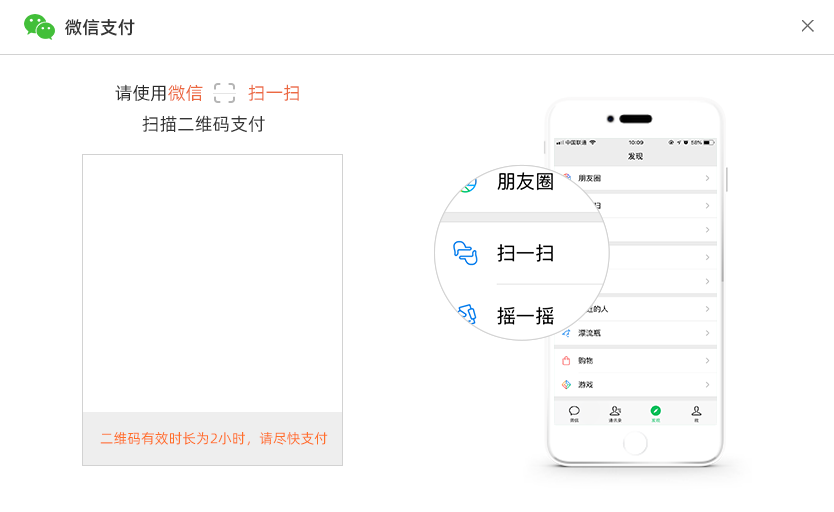Many company names describe products or services directly, hoping that potential customers can immediately understand what the company's business is just from the literal meaning of the name, which may save time and money in explaining the name. This is true in some cases. For example, when you enter a field where there is no competition - whether it is a new field or the market itself is small, a descriptive name indicating the product may be appropriate.
We are not against all descriptive names, we are only against over expressing descriptive names of products. Why?
Because there is no name, it will exist independently of the context support. The name is always displayed on a website, in front of a store, in a news report, in people's conversation, or in the product itself. Therefore, there is no need for a company or brand name to directly describe what they do.
The most basic and important function of names is to distinguish products or services, so the uniqueness of names is crucial. Once the name describes the product too much, it will often become a universal name available to everyone, and it is also easy to be confused with the name of similar companies. Therefore, it is a counter productive marketing measure, which requires enterprises to make great efforts to overcome.
Unlike descriptive names, suggestive names are usually unique. For example, Baidu, Alibaba, Tmall, Yahoo, Amazon, Douban, etc. These names do not literally explain what the company does, but can stimulate people's rich imagination. Unfortunately, most companies do not like to use suggestive names because they are so hard to understand and implement on the surface.












